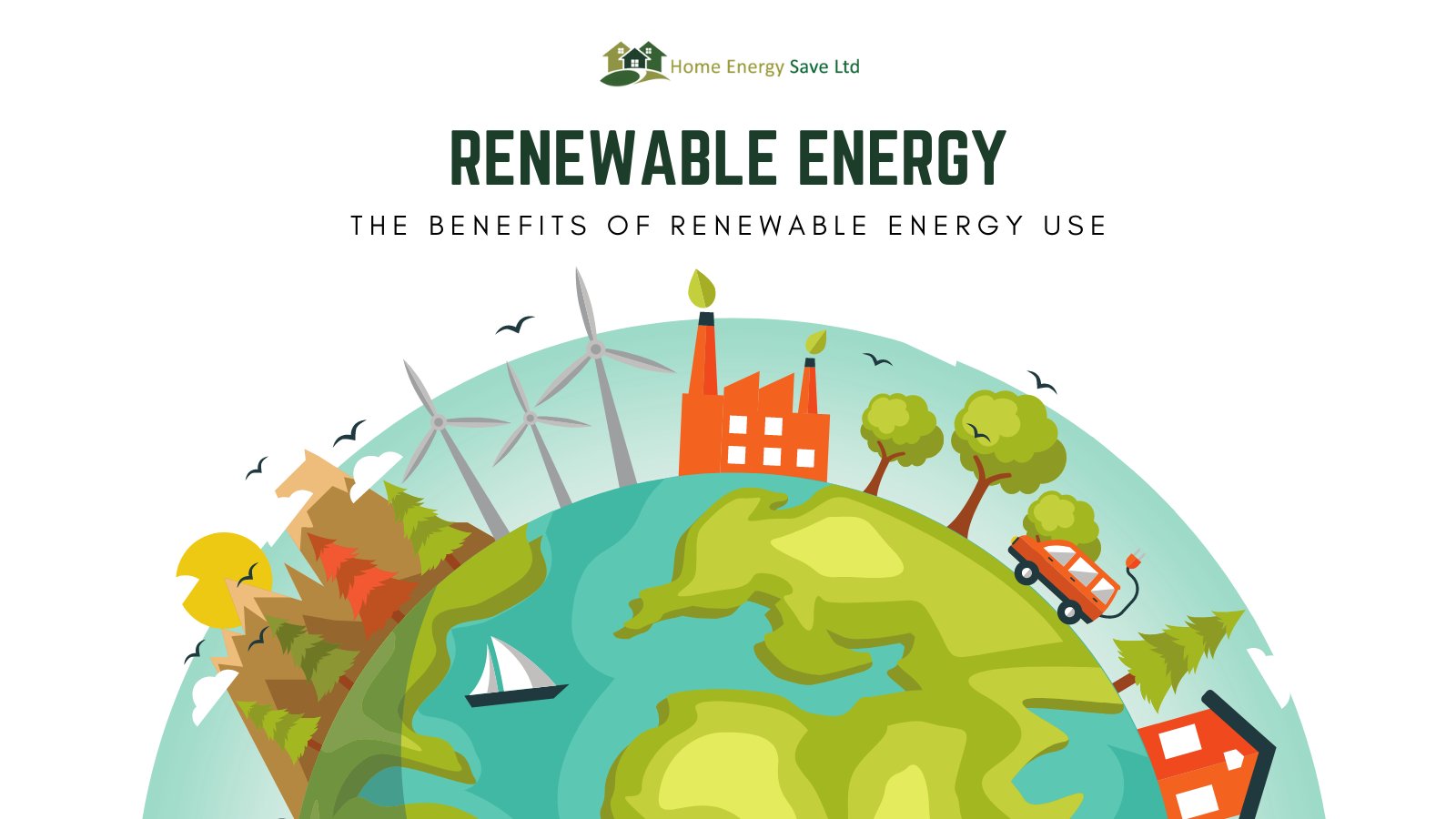
Eco-Power Triumph: Exploring Benefits of Renewable Energy
Renewable energy stands as a beacon of environmental responsibility and sustainability in the quest for cleaner, greener power sources. This article dives into the myriad benefits of renewable energy, examining its positive impact on the environment, economy, and overall well-being.
Environmental Advantages of Renewable Energy
The foremost benefit of renewable energy lies in its minimal environmental impact. Unlike fossil fuels, renewable sources such as solar, wind, hydro, and geothermal energy produce electricity without emitting harmful pollutants. This reduction in carbon emissions plays a pivotal role in mitigating climate change, preserving air quality, and safeguarding ecosystems.
Mitigating Climate Change and Global Warming
Renewable energy is a cornerstone in the fight against climate change. By displacing traditional fossil fuels, it curtails the release of greenhouse gases, notably carbon dioxide, into the atmosphere. This mitigation effort helps counteract global warming, avert extreme weather events, and contribute to a more stable and sustainable climate for future generations.
Economic Growth and Job Creation
Embracing renewable energy fosters economic growth and job creation. The renewable energy sector has witnessed exponential expansion, offering employment opportunities across various disciplines. From manufacturing and installation to maintenance and research, the renewable energy industry stimulates economic activity, enhancing job markets globally.
Energy Independence and Security
Investing in renewable energy sources enhances energy independence and security. Nations reliant on fossil fuel imports are vulnerable to geopolitical tensions and price fluctuations. By harnessing local and sustainable energy resources, countries can reduce dependence on external sources, fortifying their energy security and fostering autonomy.
Reduced Dependency on Finite Resources
Renewable energy mitigates the strain on finite resources such as coal, oil, and natural gas. The extraction and consumption of these non-renewable resources contribute to environmental degradation, habitat destruction, and geopolitical conflicts. Transitioning to renewables preserves ecosystems and promotes a more sustainable approach to energy consumption.
Technological Innovation and Advancements
The pursuit of renewable energy stimulates technological innovation and advancements. Research and development in solar, wind, and other renewable technologies lead to improved efficiency, reduced costs, and innovative solutions. These technological strides not only enhance the viability of renewable energy but also catalyze progress in related industries.
Health Benefits for Communities
The shift to renewable energy brings about tangible health benefits for communities. Unlike fossil fuel combustion, which releases pollutants harmful to respiratory health, renewable energy sources generate electricity without emitting particulate matter and harmful gases. Cleaner air contributes to improved public health and a reduced burden on healthcare systems.
Community Resilience and Decentralization
Renewable energy promotes community resilience and decentralization of power generation. Distributed energy systems, such as rooftop solar panels and community wind farms, reduce the vulnerability of centralized power grids to disruptions. This decentralization enhances energy resilience, especially in the face of natural disasters or grid failures.
Sustainable Development and Biodiversity Conservation
Renewable energy aligns with principles of sustainable development and biodiversity conservation. The preservation of natural habitats, reduction in pollution, and minimal ecological disruption associated with renewables contribute to a more harmonious coexistence with nature. This approach ensures that future generations inherit a planet rich in biodiversity and thriving ecosystems.
Global Collaboration for a Sustainable Future
The benefits of renewable energy extend beyond individual nations, fostering global collaboration for a sustainable future. International cooperation in research, technology transfer, and shared best practices accelerates the transition to renewable energy on a global scale. This collaborative effort addresses shared environmental challenges and propels humanity towards a more sustainable and equitable world.
Explore more about Renewable energy benefits and join the movement towards a cleaner, greener future.



